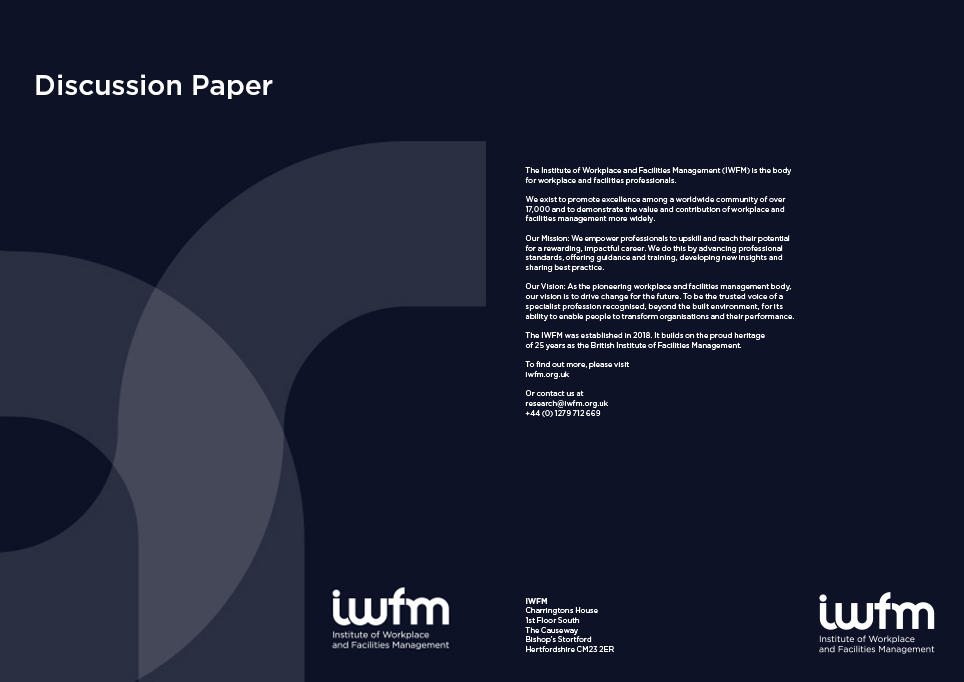Customer service in FM
Discussion paper
- Facilities
- Login to view
01 September 2015

Customer service represents the first and thus most critical interface between an organisation and its customers. Facilities management has a significant role to play, with the many opportunities FM personnel have to engage with end-user customers forcing its importance up the corporate agenda.
The importance of this FM team engagement with their own or their client’s end-user customers is growing as those same enduser customers become ever more willing to compare the services they receive with what they encounter elsewhere. The rise of social media, and people’s generally growing propensity to share bad experiences, is making FM’s frontline relationships all the more critical.
This potential for complaints to escalate quickly into full-blown PR crises means that clients and FM service providers alike are increasingly driven to ensure that each interaction between frontline service personnel and end-user customers is as positive an experience for the latter as possible.
For client organisations, brand loyalty is at stake. For suppliers, it’s the continuation of its contract with that client. Both need to be willing to work closely, perhaps more closely than in the past.
Optimising all of this requires strong first-tier management and the early identification of team leaders capable of communicating clearly the client organisation’s values through their team’s day-to-day activities. Frontline personnel need to be motivated, engaged and above all aware of their pivotal role within the organisation they serve. Making sure this is optimised may mean more discussion between client and supplier about the nature of their contract and, perhaps, a better appreciation of what communicating and routinely re-evaluating the client’s brand values mean for both parties.
So the keys to good quality customer service, whether delivered directly or through an outsourced provider, are many – but those highlighted most often at our event were employee engagement, the quality of frontline management and consistency of service.
More dialogue about evolving best practice would also help. Ideally, this would manifest itself through representatives of competing clients and suppliers coming together to talk about their experiences and emerging trends. This happens in other professions where instant response to customer service demands is essential, so why not in FM? This said, the format of such dialogue – through events, a newly formed special interest group or some other networking construct – is itself a matter for ongoing debate.
Log in for full access to our resources
To join IWFM and find out more about how you can access all our resources please visit iwfm.org.uk/membership
